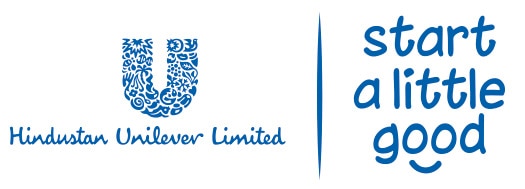Skip to:

Got questions?
You’re not the only one!
If you don’t see what’s on your mind – reach out to us on
Mixed waste is a serious threat. It leads to over-burdening of our landfills, the spread of infectious diseases and health hazards for our safai-saathis. A simple act of segregation from your end will lead to safer & cleaner surroundings and a substantially better life for your waste-pickers.
It’s quite simple – if you generate waste, it is your responsibility to segregate it! Although there are systems in place to collect your waste, the surge in the amount of mixed waste generated causes a significant stress to the system. Change begins with you and a simple act of segregation at a personal level can go on to making a big difference.
60% of the waste generated in your city on a daily basis is organic waste. If you compost at home we can save a substantial amount of organic matter from rotting in our landfills. Dry waste when not mixed can be recycled into useful products. Your actions can lead to less wastage, less pollution and nutritious soil.
It is commonly believed that whatever feels wet is wet waste and whatever feels dry is dry waste. That however isn’t correct. The simple way to remember it is – whatever is made by nature is wet waste & whatever is man-made is dry waste & domestic hazardous waste.
Simply put – hazardous waste is waste with properties that make it dangerous and it is capable of having a negative effect on human health and the environment. Imagine a waste picker going through your waste and coming in contact with irresponsibly disposed - syringes, band-aids, masks, gloves, sanitary napkins, used diapers etc. It is a serious health hazard and all such items should be packed separately with a red dot on the packaging so that the persons handling the waste can easily identify it.
Not if it is clean and dry. Make sure that plastic sachets of milk, curds, oil, idli batter, any food item, are cleaned of all their contents and dried before being put in the dry waste bag. Then they will not stink.
Clean them thoroughly. Open out the milk, yoghurt and dosa batter packets completely at one end, and wash out all the residue (hot water helps clean milk packets better). They can be put to wash with the dishes in the sink, then dried on a line, and put into the dry waste bag.
- Form a group of like-minded people
- Explain waste segregation to your family / neighbours in your apartment building.
- Get the staff in the apartment building to also understand
- Get separate bins for storing the dry waste and wet waste.
- Have the dry waste picked up by the Dry waste collection centre or your local scrap dealer
The non-segregated waste adversely affects human health by giving rise to various infections and diseases. Waste pickers are at a great risk while handling mixed waste. It also significantly reduces the chances of recycling the waste.
